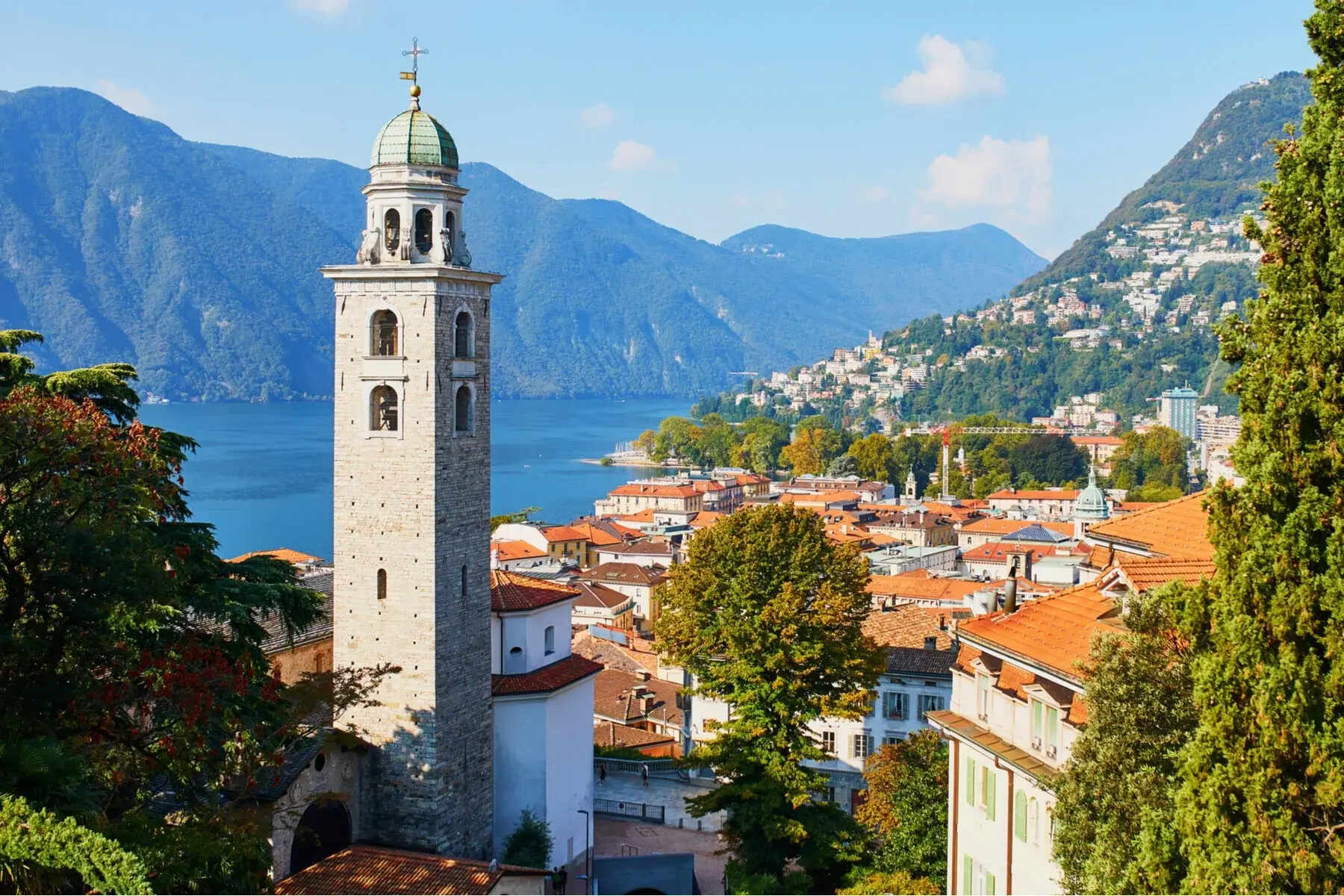What Makes Switzerland A Multilingual Marvel?

Switzerland stands out as a multilingual marvel due to its unique blend of languages and cultures. Four national languages—German, French, Italian, and Romansh—coexist within its borders. This linguistic diversity stems from the country's history and geography. Located at the crossroads of Europe, Switzerland has absorbed influences from neighboring countries. Each region, or canton, often has its own dominant language, creating a rich tapestry of communication. This multilingual environment fosters a sense of unity and respect among its people. Travelers can experience different cultures and languages without leaving the country, making Switzerland a fascinating place to visit.
Switzerland's Multilingual Landscape
Switzerland is a small country with a big linguistic heart. Four national languages coexist here, making it a unique place to visit. Each region offers a different cultural experience, shaped by the language spoken.
German-Speaking Switzerland
German is the most widely spoken language in Switzerland. The German-speaking part of the country is known for its efficiency, beautiful landscapes, and rich traditions.
Zurich: Zurich is Switzerland's largest city and a global financial hub. It's known for its vibrant arts scene, historic old town, and stunning lake views.
Lucerne: Nestled by a lake and surrounded by mountains, Lucerne is famous for its medieval architecture and the iconic Kapellbrücke (Chapel Bridge).
Bern: The capital city, Bern, boasts a well-preserved medieval city center, a UNESCO World Heritage site. The Zytglogge clock tower is a must-see.
French-Speaking Switzerland
The French-speaking region, known as Romandy, offers a different flavor. Here, you'll find a blend of Swiss precision and French flair.
Geneva: Geneva is a cosmopolitan city, home to numerous international organizations, including the United Nations. The Jet d'Eau fountain and the Flower Clock are iconic landmarks.
Lausanne: Lausanne is known for its vibrant nightlife, the Olympic Museum, and its picturesque location on the shores of Lake Geneva.
Montreux: Famous for its annual jazz festival, Montreux offers stunning views of Lake Geneva and the surrounding Alps.
Italian-Speaking Switzerland
The Italian-speaking region, Ticino, feels like a slice of Italy in Switzerland. It's known for its warm climate, delicious cuisine, and charming towns.
Lugano: Lugano is the largest city in Ticino, offering a mix of Swiss efficiency and Italian charm. The lakeside promenade and Parco Ciani are perfect for leisurely strolls.
Locarno: Locarno is famous for its film festival and beautiful old town. The nearby Cardada mountain offers breathtaking views.
Bellinzona: Bellinzona is known for its three UNESCO-listed castles, which provide a glimpse into the region's medieval past.
Romansh-Speaking Switzerland
Romansh is the least spoken of Switzerland's national languages, but it has a strong cultural presence in the canton of Graubünden.
Chur: Chur is the oldest city in Switzerland, with a history dating back over 5,000 years. Its charming old town and nearby mountains make it a great destination.
St. Moritz: Known for its luxury resorts and winter sports, St. Moritz is a playground for the rich and famous. The stunning alpine scenery is a bonus.
Davos: Davos is famous for hosting the World Economic Forum. It's also a top destination for skiing and mountain biking.
Switzerland's multilingual nature makes it a fascinating place to explore. Each region offers a unique experience, shaped by its language and culture.
Switzerland's Multilingual Charm
Switzerland's multilingual nature is a true marvel. With four official languages—German, French, Italian, and Romansh—this small country offers a rich tapestry of cultures and traditions. Each region has its own unique flavor, making travel within Switzerland feel like visiting multiple countries at once. The Swiss education system ensures that students learn at least two languages, fostering a sense of unity and understanding among its people. This linguistic diversity also boosts the economy, attracting international businesses and tourists. Whether you're exploring the German-speaking cities of Zurich and Bern, the French-speaking regions of Geneva and Lausanne, or the Italian-speaking Ticino, you'll experience a blend of languages and cultures that is uniquely Swiss. Switzerland's commitment to preserving and promoting its linguistic heritage makes it a fascinating destination for travelers and a model of multicultural harmony.

